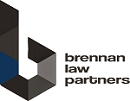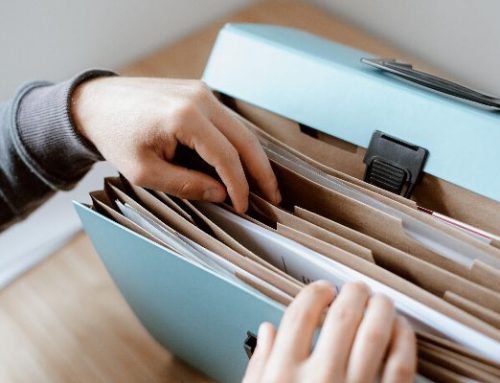Restrictions have all but lifted at school. But what about music?
From 11.59pm Sunday 22 November 2020, significant changes were made to the Victorian restrictions with the announcement of the final stage of the COVID-19 ‘road map’. These changes were a welcome relief for all Victorian schools with clarity finally being provided around parental visits, inter-school sports and graduation ceremonies.
Unfortunately, Arts education opportunities and programs have not benefited from clarity in the recent school operations guides. The inconsistent information is creating uncertainty, stress and pressure for music professionals and school leaders alike.
The new Guidelines
What is clear:
• Young children in grades prep to 2 with persistent mild symptoms, who have tested negative to COVID-19, can return to school
• All children with underlying conditions such as asthma and hay fever can return, although parents are encouraged to get a medical certificate for their child.
• Face masks are no longer mandatory for students when outdoors, except where social distancing is not possible. Masks must still be worn indoors.
• Parents may enter school grounds for drop-off and pick-up, and to attend graduation ceremonies of up to 150 indoors or 300 outdoors.
• Public events such as fetes, indoor inter-school sports, contact sports, inter-school events such as debating, and classes such as languages where students from multiple schools come together, are free to resume.
What about music?
• Teachers whose business is entirely separate to their home are able to resume face-to-face lessons. This applies is in relation to out-of-school classes (although there has been inconsistency too in this advice).
• The restrictions remain on the use of woodwind and brass instruments, and on singing at school and outside of school. As “Use of woodwind instruments and singing and voice projection does entail risk of potential spread of aerosols and droplets”.
• Five people can gather inside for woodwind, brass or singing subject to meeting other requirements including density quotient.
Unfortunately, the School Operations Guide fails to provide sufficient detail for the broad range of music programs and offerings schools make. The apparent lack of consideration has created frustration and confusion amongst school leaders. With the end of term edging nearer, some school leaders are finding it too hard to deviate away from current COVID safe plans created under previous guidelines and are instead continuing to abandon music education programs altogether to avoid the impracticalities of the current restrictions.
Do I have to follow the Guide?
The purpose of the school operations guides published by the CECV is to support schools to continue to provide safe teaching and learning environments for staff and students as schools transition back to onsite learning. The DET and the CECV have provided “School Operations Guides”, but the implementation of them has largely been left to school leaders.
It is best practice to follow the guides until further changes are announced. See CECV School Operations Guide – Term 4 (updated on 25 November 2020).
How can Brennan Law Partners assist?
Brennan Law Partners is proud to offer insight across a range of legal and educational areas. If you are unsure about how the specific regulations or guides apply to you, your staff or students at your school please contact us to discuss in greater detail. Brennan Law Partners has been working with music education leaders to advocate for clearer guidelines in this area.







